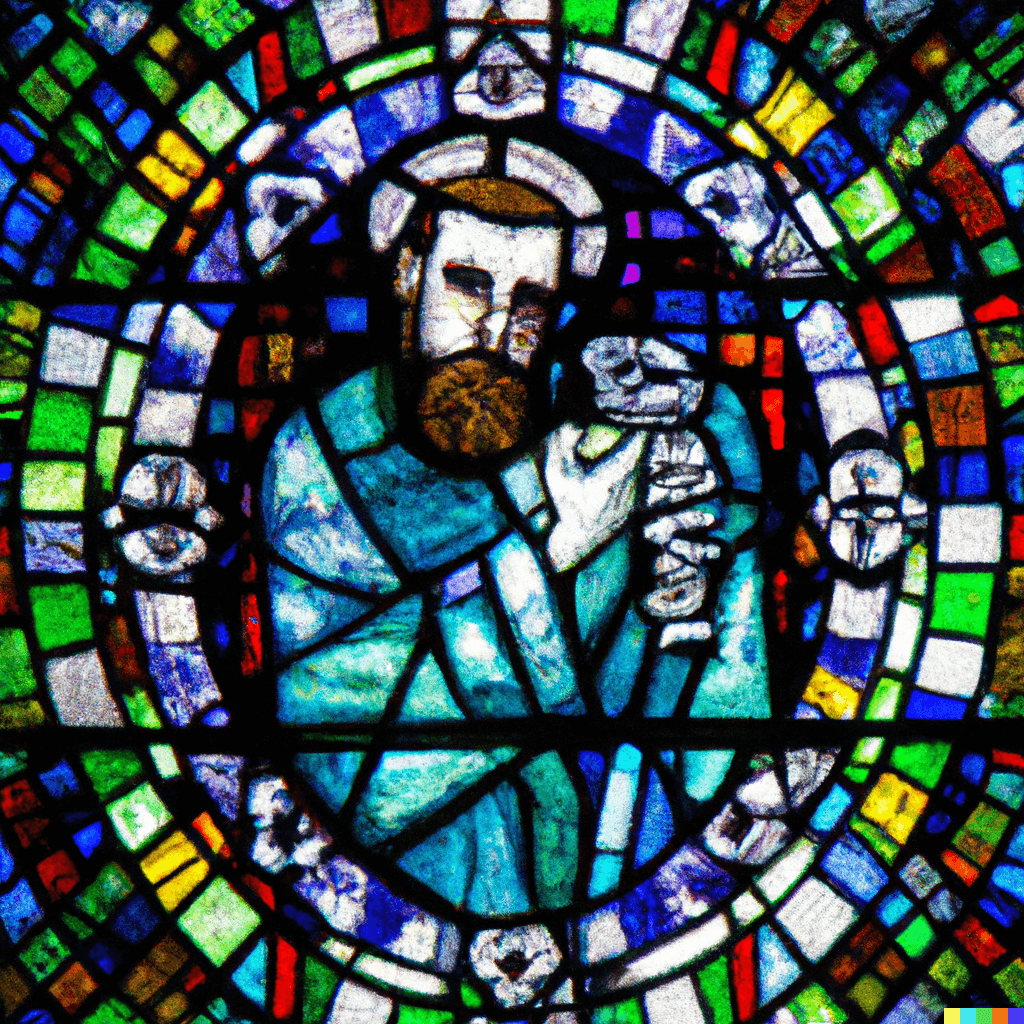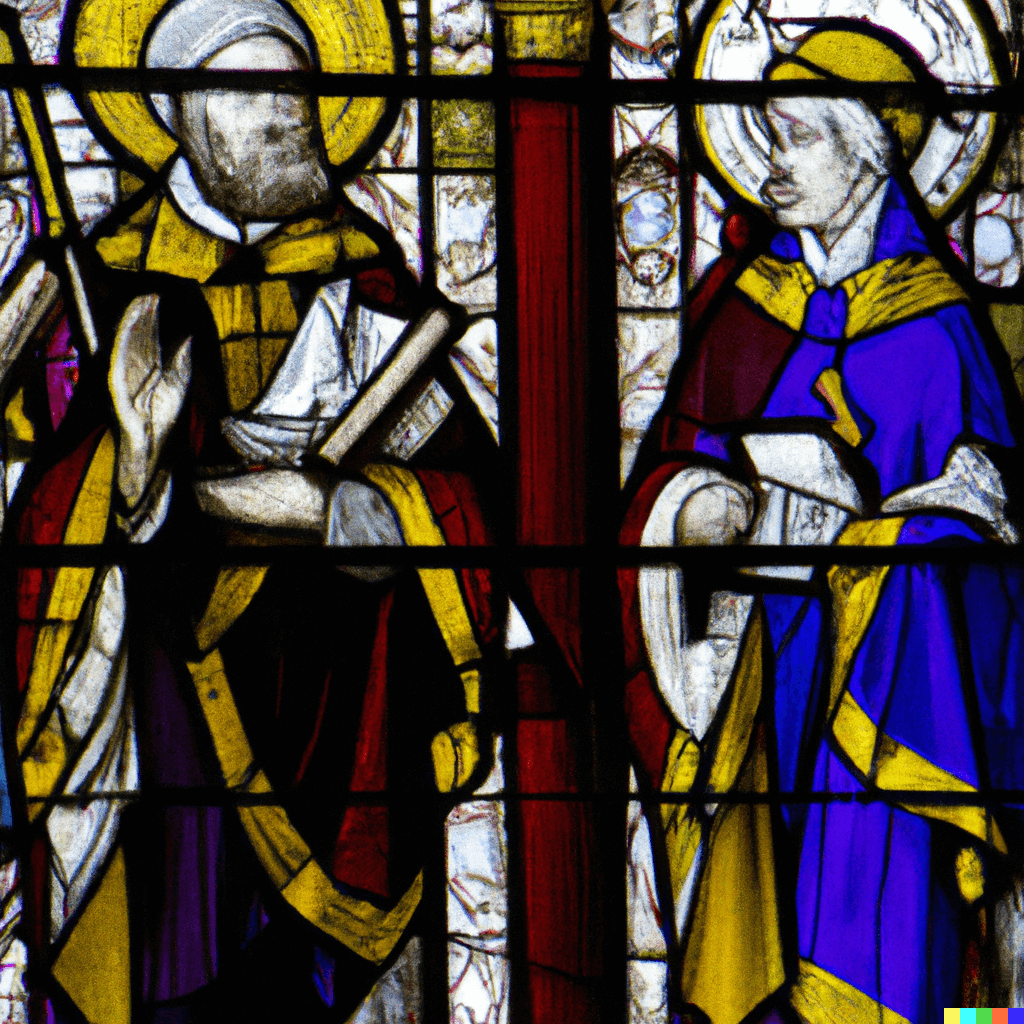The Apostles’ Creed is an ancient statement of Christian faith, widely used by many Christian denominations, though especially associated with liturgical traditions such as Roman Catholicism, Anglicanism, and some Protestant denominations. It is often recited in worship services and used in catechisms as a foundational summary of Christian belief.
It’s called the “Apostles’ Creed” because of the tradition that each of the twelve apostles contributed a clause to it. However, while its roots are indeed ancient, it’s unlikely that the apostles directly composed the creed. Instead, the creed most likely developed over the early centuries of the church as a baptismal profession of faith.
Here is the text of the Apostles’ Creed:
I believe in God, the Father almighty,
creator of heaven and earth.
I believe in Jesus Christ, his only Son, our Lord,
who was conceived by the Holy Spirit,
born of the Virgin Mary,
suffered under Pontius Pilate,
was crucified, died, and was buried;
he descended to the dead.
On the third day he rose again;
he ascended into heaven,
he is seated at the right hand of the Father,
and he will come to judge the living and the dead.
I believe in the Holy Spirit,
the holy catholic Church,
the communion of saints,
the forgiveness of sins,
the resurrection of the body,
and the life everlasting. Amen.
The term “catholic” in the Apostles’ Creed does not refer specifically to the Roman Catholic Church. In this context, “catholic” is used in its original sense, meaning “universal” or “whole.” So, “the holy catholic Church” signifies the universal body of believers.
The Apostles’ Creed, with its simple and direct statements, has served as a basic summary of Christian doctrine for nearly two millennia. It focuses on the foundational tenets of Christianity, such as the Trinity, the life and work of Jesus Christ, and the hope of resurrection and everlasting life.

 Saints3 years ago
Saints3 years ago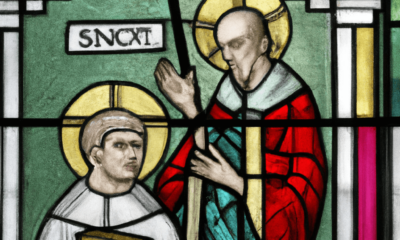
 Trending2 years ago
Trending2 years ago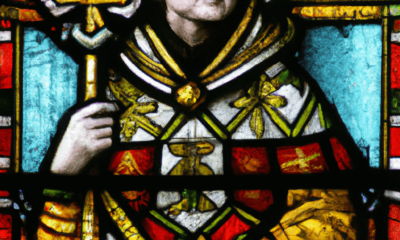
 Saints2 years ago
Saints2 years ago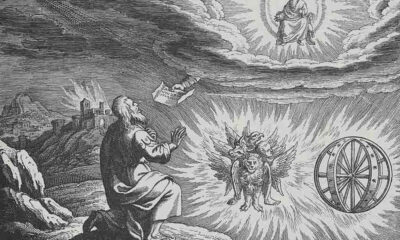
 Trending3 years ago
Trending3 years ago
 Live Church2 years ago
Live Church2 years ago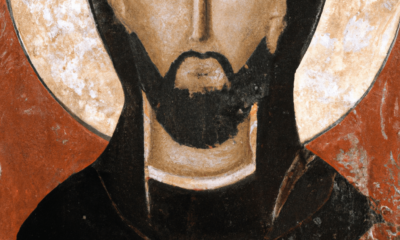
 Saints3 years ago
Saints3 years ago
 Prayers3 years ago
Prayers3 years ago
 Saints2 years ago
Saints2 years ago
